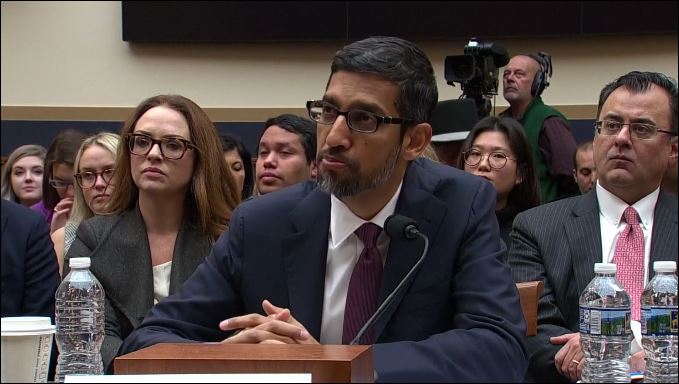If you’re a regular American, you know, like the kind of person Hillary Clinton is trying to appeal to, you probably think that the PARCC tests are over and that the education system has moved on.
Not so.
This week marks the return of the standardized tests that no one likes, and are based on the Common Core standards that are unpopular across the political spectrum. And since the federal government has given schools until early May to give the tests, schools across the country will be testing for the next four weeks. Never mind that there are precious few weeks of instruction left in the academic year, especially in the South, or that Advanced Placement tests are administered during the first two weeks of May. PARCC tests must be given and school districts must stop everything in order to meet the testing mandate.
The effects on schools have been profound. Students have missed, and will miss more academic classes, extra-help sessions, Advanced Placement test reviews, band practices and basic skills instruction. In most schools, the tests are taken in the library, which makes that resource unavailable for part or all of the school day. In other schools, the entire academic day stops for the tests and some districts have prohibited homework for the duration of the administration. This is not efficient education.
Meanwhile, in New Hampshire where the GOP had its first substantive discussions about presidential policy, Ted Cruz is promising to obliterate the Common Core, Chris Christie is blaming his predecessor for the standards, Bobby Jindal is running away from the standards despite promoting them two years ago, and Jeb Bush, who supports the Common Core, is not mentioning that fact because the GOP base hates them. Hillary hasn’t said much, but she can bide her time and let the Republicans fight amongst themselves.
My sense is that the Common Core standards will survive because most educational publishers and programs, such as the AP, have modified their curricula to mirror the standards. In and of themselves, the standards are beneficial and having national benchmarks will allow us to compare our students across the United States and with students from other countries. State standards might reflect local priorities, but we live in a global world and economy. Students need to be proficient in specific content and academic skills and, quite honestly, not all states are proficient at delivering them.
In addition, not all states and localities can afford to implement programs that students need. Federal involvement in education is a point of contention in many areas, but without equality of resources we can’t have equality of outcomes. And that’s what we desperately need.
For more, go to www.facebook.com/WhereDemocracyLives or Twitter @rigrundfest









